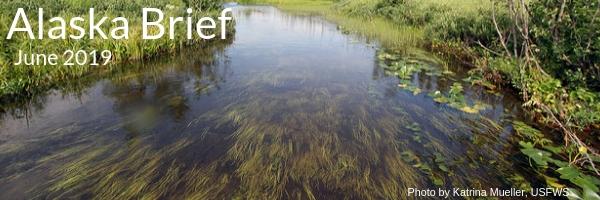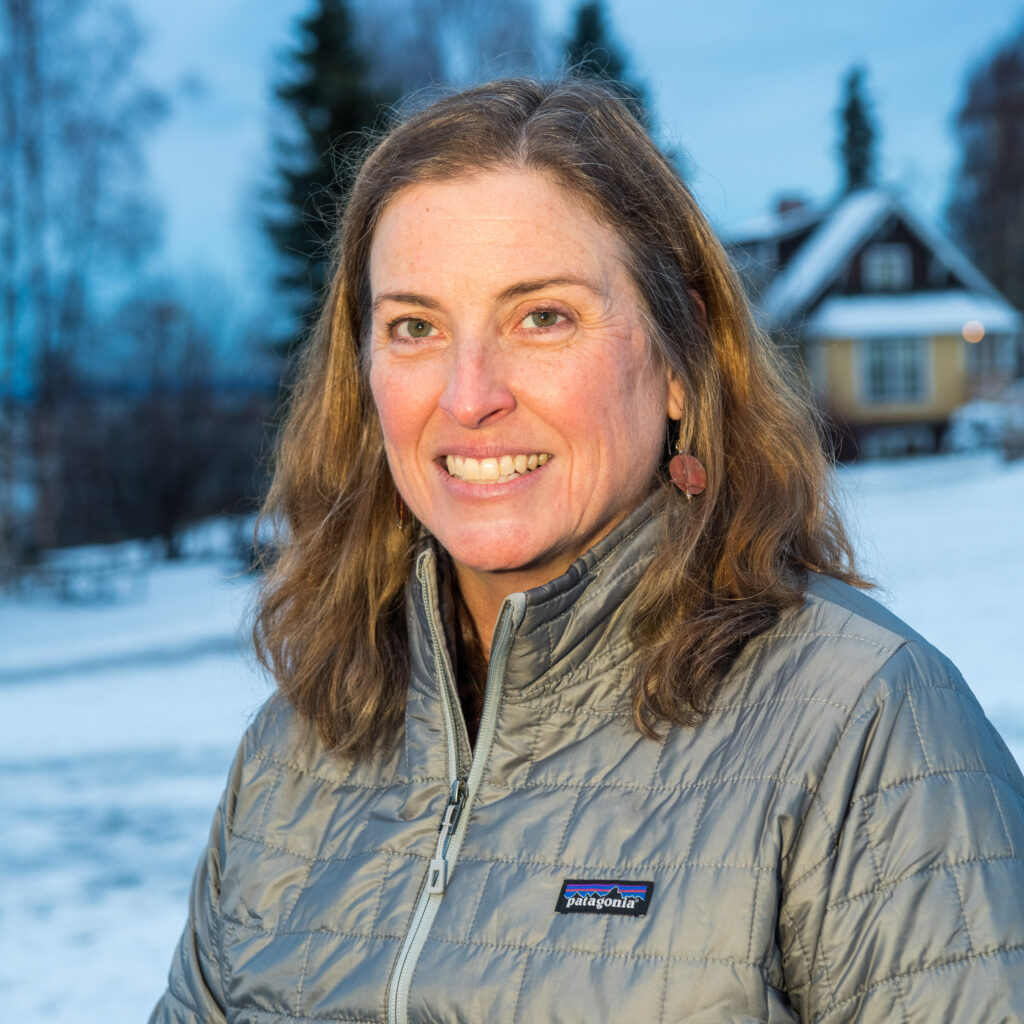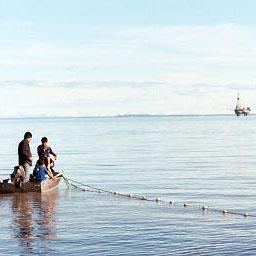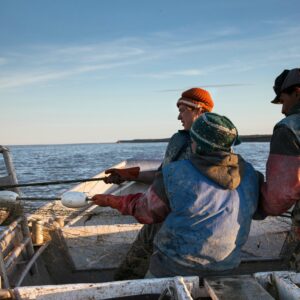Alaska Brief–June 2019
28 Jun, 2019
in America's Arctic, Clean Air and Water, Newsletters, People & Places, Wild Lands & Wildlife
in America's Arctic, Clean Air and Water, Newsletters, People & Places, Wild Lands & Wildlife

| It’s hard to speak up when you don’t feel heard, and harder still when you feel threatened. Dominant power structures have used this fact to silence social and environmental justice movements throughout history. They are using them now. Online conversations regularly get co-opted by name-calling and gas lighting that aims to shut people up and shut movements down. Not only do trolls and robots steal our voices, but also our identities. Look no further than the U.S. Army Corps’ online public comment portal to see this in action. The trolling tactics used to undermine meaningful public participation have spilled onto the formal public processes of the proposed Pebble mine. Why impersonate a known advocate for clean water in a public comment? Why threaten someone from Bristol Bay in a public forum? To make people disengage. Trolling campaigns don’t seek meaningful debate. They seek the public’s silence. They seek the public’s disengagement. They want us to believe that speaking up doesn’t matter and we won’t be heard. They want us to avoid participation to avoid abuse. They want us to distrust public involvement in the decisions that impact us. It’s easy to see how this works. A very small group of industry giants and political agents have the decision-making power over permitting the proposed Pebble mine right now. These people operate under the same agenda and enrich each other’s interests. The only thing in their way is public accountability and our voices demanding it. What they want us to believe is that the mine is going to happen–despite the majority of Alaskans opposing it, despite a permit application that omits important facts and relies on narrow or flawed science, despite an inadequate draft environmental impact statement, despite deep concerns over its economic viability, despite how the proposal threatens access to food, health, and sustaining ways of life. The effort to exploit and co-opt public engagement aims to keep us quiet and helpless. We do have power, though. We have our voices and values, and a collective interest in clean water, and healthy food and communities. We have the ability to lift up the voices of those most threatened by industry actions. Perhaps not all of us feel safe enough to speak, but those of us who do can and should. We must speak up and support others who do the same. There are many things to speak out about right now–the treatment of asylum seekers at the border, the exploitation of Indigenous homelands, the acceleration of a climate crisis caused by continued fossil fuel exploitation and use, and so, so much more. Speaking up has always mattered. It has always been countered by trolls who fear the power of our voices. A small group of people with power and money may have a desire to exploit whatever they want for their own benefit, but they do not have your voice. They do not speak for you. Only you can do that |

| Valerie Brown Legal Director and Acting Executive Director |
| PS: Your support of Trustees for Alaska is critical now more than ever. |
What do we mean by “clean water”?
You would think the one thing people everywhere would get behind and support would be clean water. We all need it. We all use it. Yet great inequities exist in who gets access to clean water and who doesn’t–and what places suffer the most when industry leaves its waste in our waterways. Take Cook Inlet, for example.
Speak for the fish
If you’re in Alaska right now and thinking about fish, you’re not alone. Now we need you to speak for the fish to protect them. Take action by July 1.
A melting, eroding Alaska needs climate action
What worries a climate expert? Alaskans already see and feel the impacts of a changing climate, but it’s what’s invisible that will change the future we live in .





